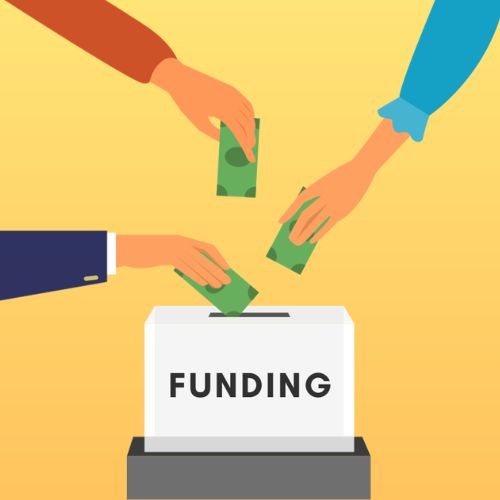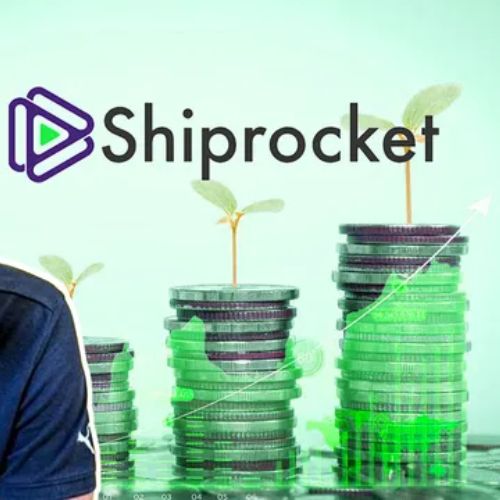A wider ecosystem-wide fundraising slowdown resulted in 21 businesses across industries joining the unicorn club in the calendar year 2022 compared to 42 in 2021.
BENGALURU: According to PwC’s CY22 Start-up Perspectives report, e-commerce companies that operate in the business-to-consumer (B2C) sector produce unicorns the fastest, while companies in the online gaming and software-as-a-service (SaaS) sectors take almost ten years to reach the $1 billion valuation threshold.
The report stated that historically, it has taken an Indian firm close to seven years on average to become a unicorn.
According to the report’s findings, e-commerce B2C startup companies take an average of 3.8 years to become unicorns, followed by startups in the logistics and autotech industries, which require an average of 6.3 years, and media and entertainment startups, who require an average of 6.8 years to reach a $1 billion valuation.
According to the survey, the SaaS sector has the most active unicorns at this time—approximately 20—across all industries, followed by fintech, which has about 16 at this time.
According to the research, despite a general slowdown in ecosystem funding, 21 businesses across industries joined the unicorn club in a calendar year (CY) in 2022 compared to 42 in 2021.
SaaS firms, which received the most funding during the year, accounted for over 25% of all fundraising activity in India, with a spike in funding value of over 20% year-over-year (YoY) to about $6 billion as the sector’s average ticket size increased to $18 million from $15 million in CY21.
Following this, despite a 40% YoY fall in investment activity in the industry, fintech firms held over 20% of all funds raised during the time period. But only four businesses—including Yubi and OneCard—got to unicorn values.
“E-commerce business to consumer (B2C) and edtech experienced the sharpest financing declines during CY22, each by 71% and 54%, respectively “stated the report.
In spite of a sharp fall in edtech funding, Byju’s, a significant player in the sector, raised $915 million, followed by upGrad with $225 million.
The research noted that the funding slowdown was affecting late-stage projects. “Financing for late-stage deals fell by 52% in CY22, as well “It read.
It indicated that whereas growth and late-stage deals made up $20.8 billion, or almost 88% of the total fundraising value of $23.6 billion in 2022, they made up nearly 93% of the $35.2 billion total funding value in 2021.
The Startup Perspectives study revealed that overall investment in 2022 was more than twice as much as funds raised in CY20, when companies together won roughly $10.9 billion in funding, despite a decline in funding activity throughout the year.
Bengaluru, Delhi-National Capital Region, and Mumbai followed Bengaluru as the cities with the most fundraising totaling over $100 million.















